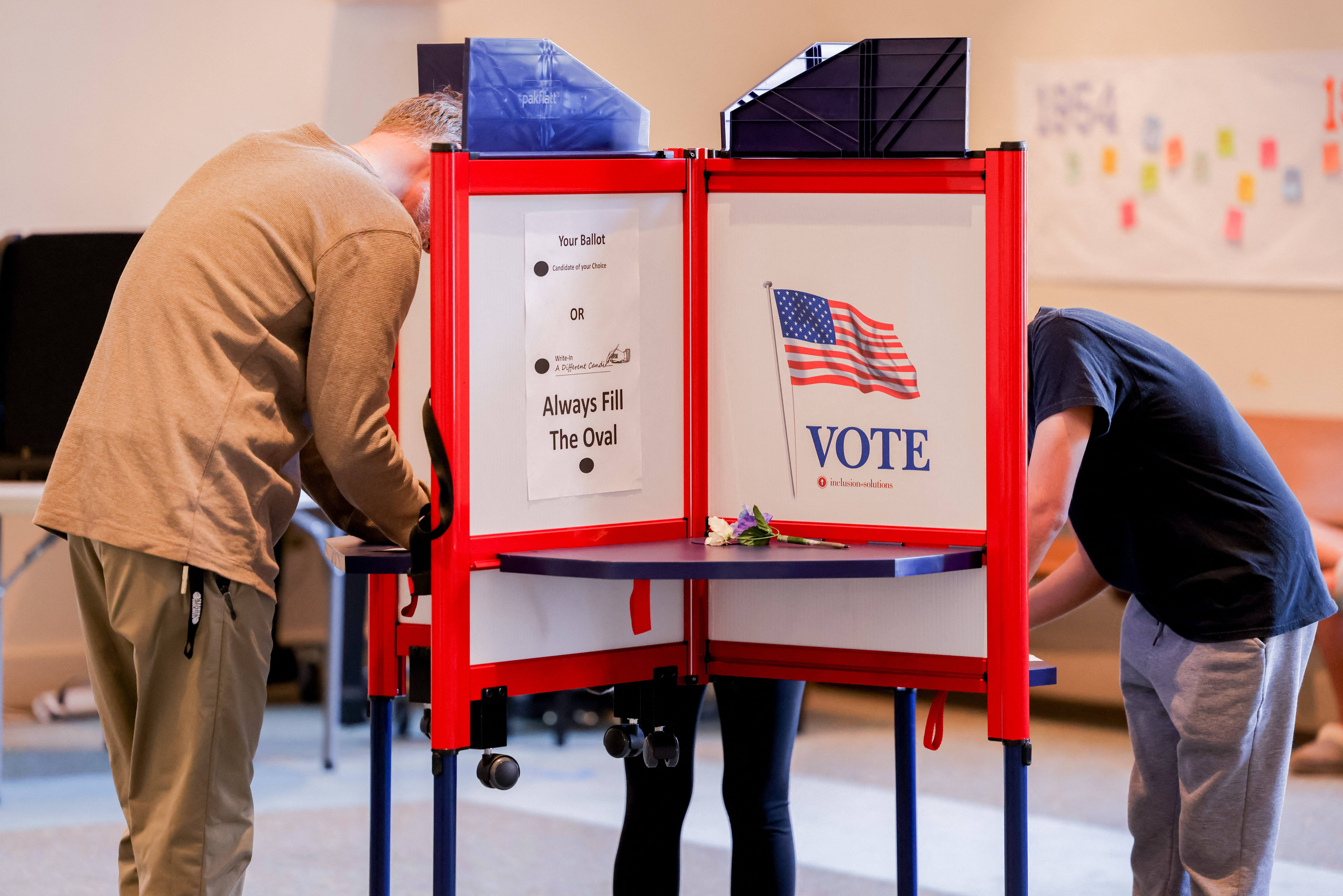Key Takeaways:
- Donald Trump proposed granting green cards to international graduates of US colleges.
- The plan aims to retain skilled talent and boost American businesses.
- Critics argue it could harm American job prospects and be exploited.
- Implementation requires Congressional approval, facing significant hurdles.
Former President Donald Trump has proposed a significant shift in US immigration policy. He suggests that foreign students graduating from US colleges should automatically receive green cards. This includes graduates from both two-year and four-year institutions. He made this proposal during an interview on "The All-In Podcast".

Trump's rationale is to prevent these students from leaving the US. Many return to their home countries and start successful businesses. He believes retaining this talent would benefit the American economy. Trump stated that this could have been implemented during his last term if not for the COVID-19 pandemic.
Campaign press secretary Karoline Leavitt clarified that the proposal would involve rigorous vetting. This is to exclude individuals with extremist affiliations or those who might undercut American wages. The policy would apply only to thoroughly vetted graduates.
"He believes, only after such vetting has taken place, we ought to keep the most skilled graduates who can make significant contributions to America," Leavitt said in a statement to CNN.
This proposal has sparked a debate. Tech leaders like Elon Musk and Vivek Ramaswamy support the idea, citing a shortage of skilled engineers in the US. They argue that attracting top foreign talent is crucial for maintaining US global leadership.

However, critics, including Mark Krikorian of the Center for Immigration Studies, argue that the proposal could harm American job prospects. "It would turn every university (and community college!) into a citizenship-selling machine," Krikorian wrote in the National Review.
Implementing this policy requires Congressional action. Given the strong divisions on immigration, both between and within parties, passing such legislation would be challenging.
The proposal also faces opposition from advocates for international students. Allan Goodman, CEO of the Institute of International Education, argued that many international students want to return home after studying in the US. "The dream that encourages them to study abroad is to improve their countries," Goodman wrote in Times Higher Education.
More than 1.1 million international students were enrolled in US colleges during the 2023-24 academic year. While some, like those at Notre Dame, enjoy need-blind admissions, many face uncertainties about staying in the US post-graduation. This proposal could change their lives.
This proposal represents a significant departure from Trump's previous policies. It highlights the tension between attracting foreign talent and prioritizing American workers. Whether it becomes a reality remains to be seen.
